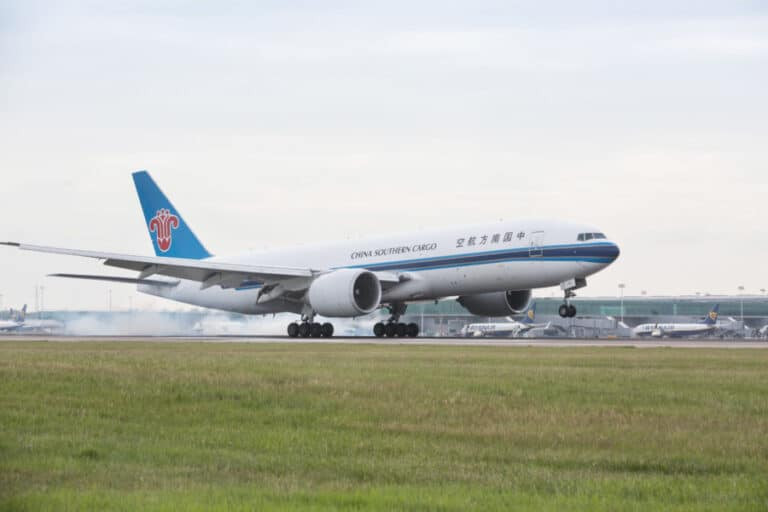The air cargo industry will see continued pressure on yields as cost appears to “take a back seat ” – in the opinion of Globe Air Cargo managing director, Michelle House.
The general sales agent (GSA), is part of the ECS Group, and House says she is seeing some of carriers adding capacity onto already saturated routes, while she feels further consolidation as mergers and acquisitions seem to be the “watch words” in the industry right now.
Most of the destinations Globe Air Cargo serves are trading up in 2016, and it is moving lots of volume into Central and Latin America, and, House explains: “Far East is strong, in particular Vietnam and China. Middle East has been growing despite strong competition out of the UK and we do extremely well into Turkey and Morocco too.”
In her view, Globe Air Cargo has done a good job of improving its market share over the past 12 months, so when load factors are stable, it moves into a yield improvement strategy, while it deploys different strategies for different carriers, depending on what their aspirations are.
House says: “We have seen a rise in the under declaration on chargeable weights and the effect on service, while it still talks a good game in this industry, but it doesn’t really seem to play as much of a part as it should do, considering we are actually in a service environment.”
There are challenges, the main one is overcapacity, and House says another battle is “unprofessional competition” using tactics instead of focusing service.
House says the GSA is “focusing on the fundamentals” regime of doing the simple things well and using expertise to help airline customers achieve targets, but at the end of the day, what customers want most is a cheap rate.
She feels being the only player in the supply chain that has to get it right from end-to-end, e-freight hasn’t really transformed the air cargo industry from Globe Air Cargo’s perspective.
House says: “Whilst our system can certainly handle the messaging we can assist our airlines in implementation, we don’t see a demand from the customers, I would guess there is a great deal of skepticism in the industry still. I am sure it will come, but like Cargo iQ – in its own time.”
House feels there are no easy e-tools to implement and it’s a costly process to start-up and when margins are small and everyone is doing more with less, anything extra is the last thing on the priority list.
She says: “We are still a paper heavy environment and some of us enjoy the familiarity of what they can touch and feel. Perhaps the next generation will make more progress and have a clearer vision of the benefits.”
And some airlines are not simply ready for e-freight, House says, as processes, systems and integrations need to happen, while some forwarders and shippers are holding back from adoption due to cost and time.


